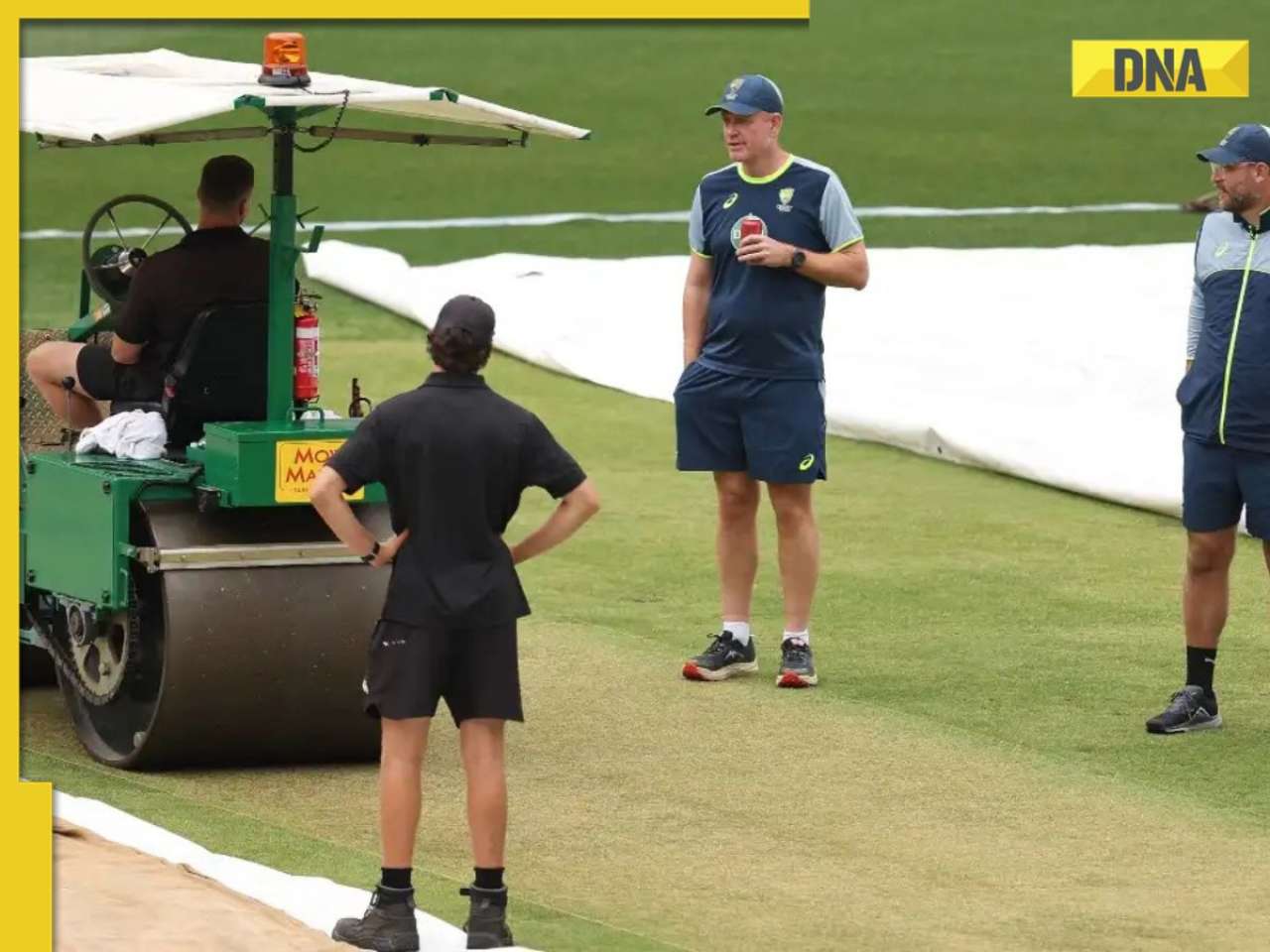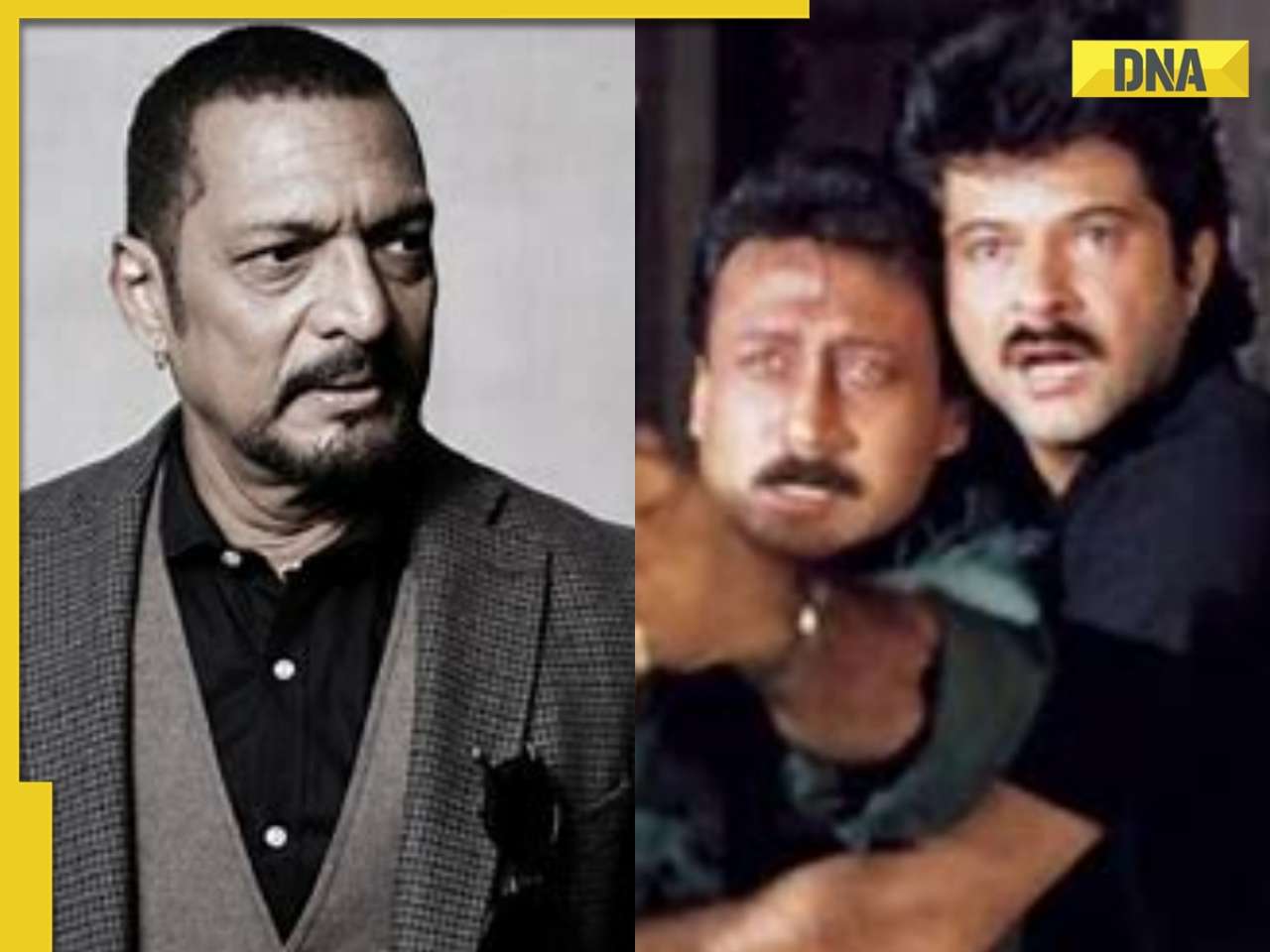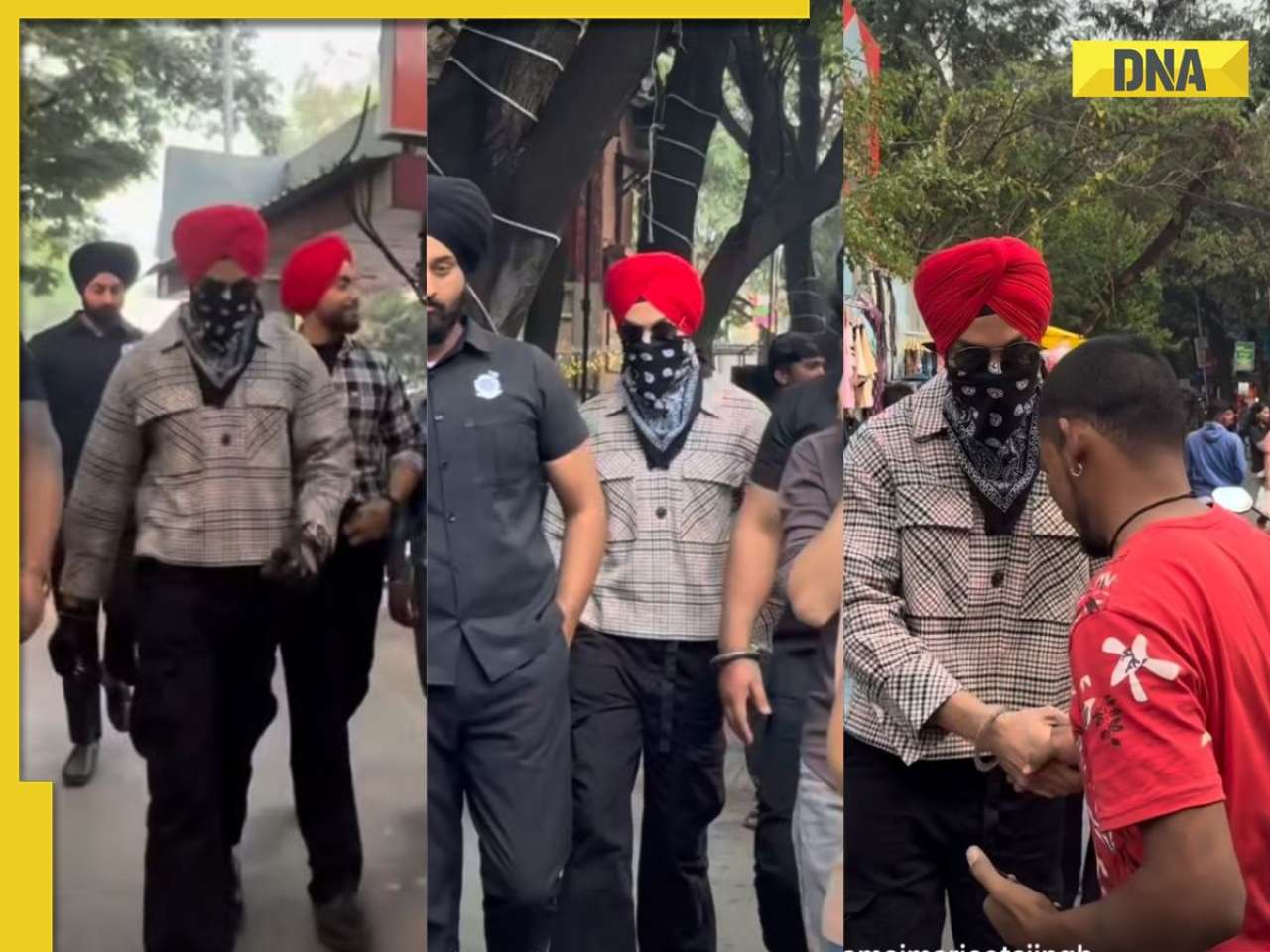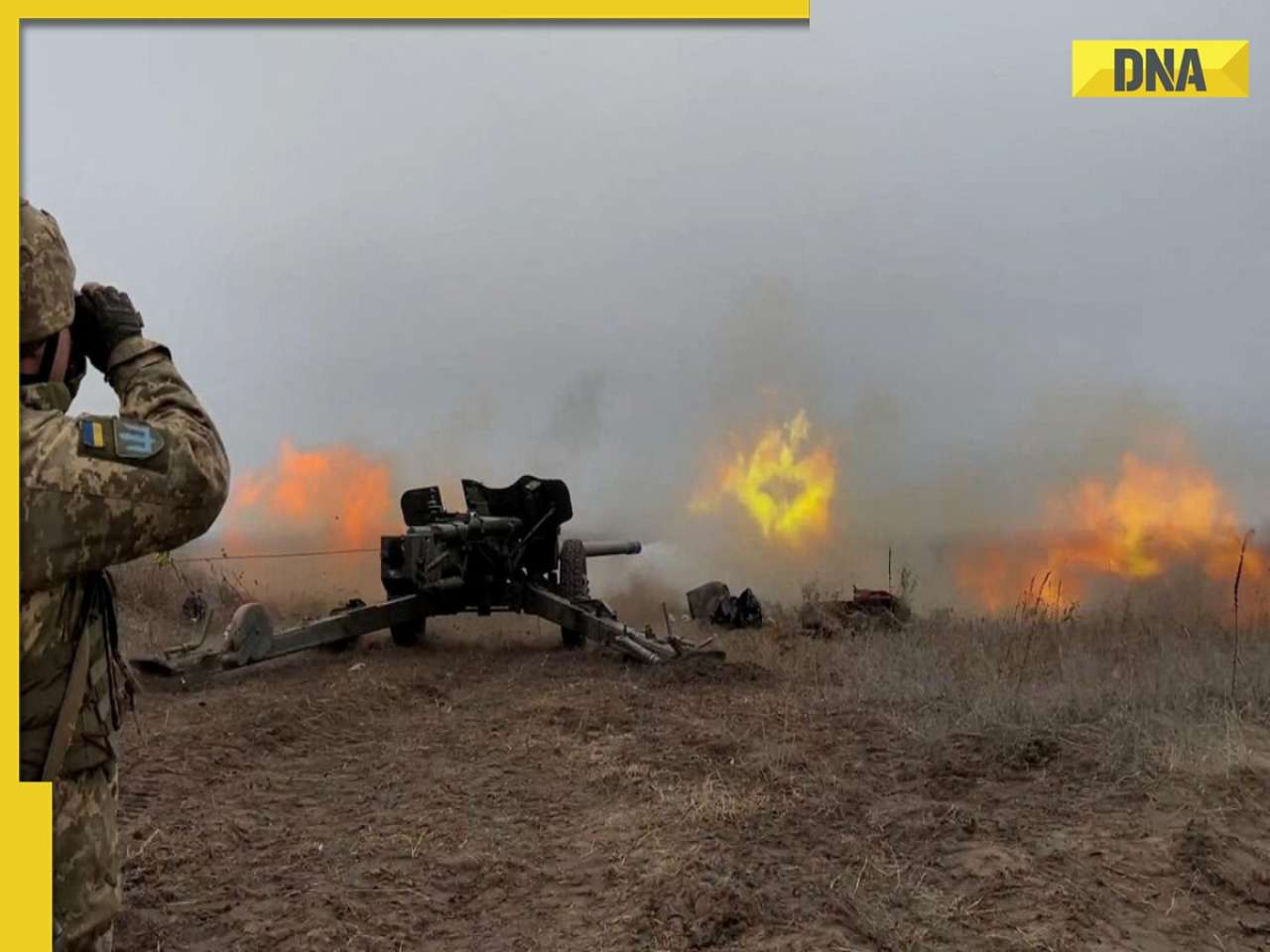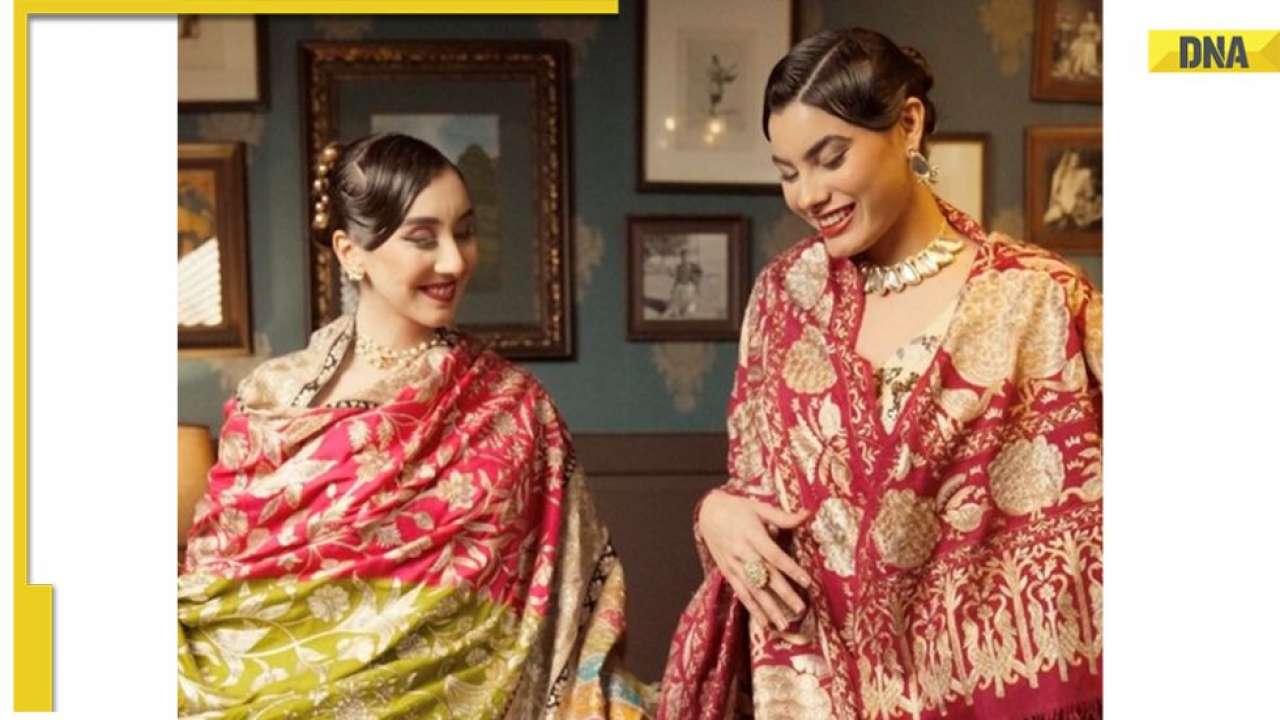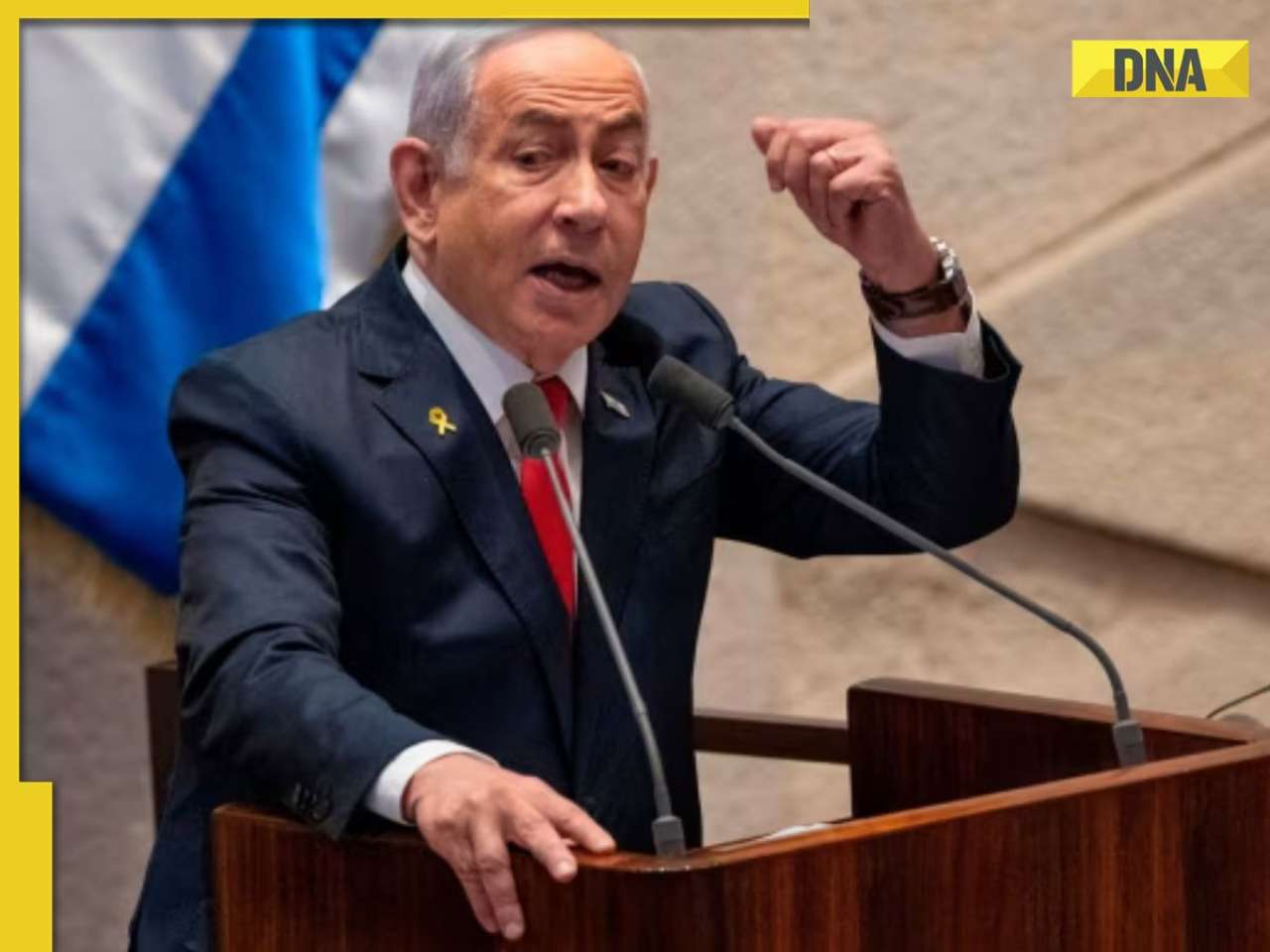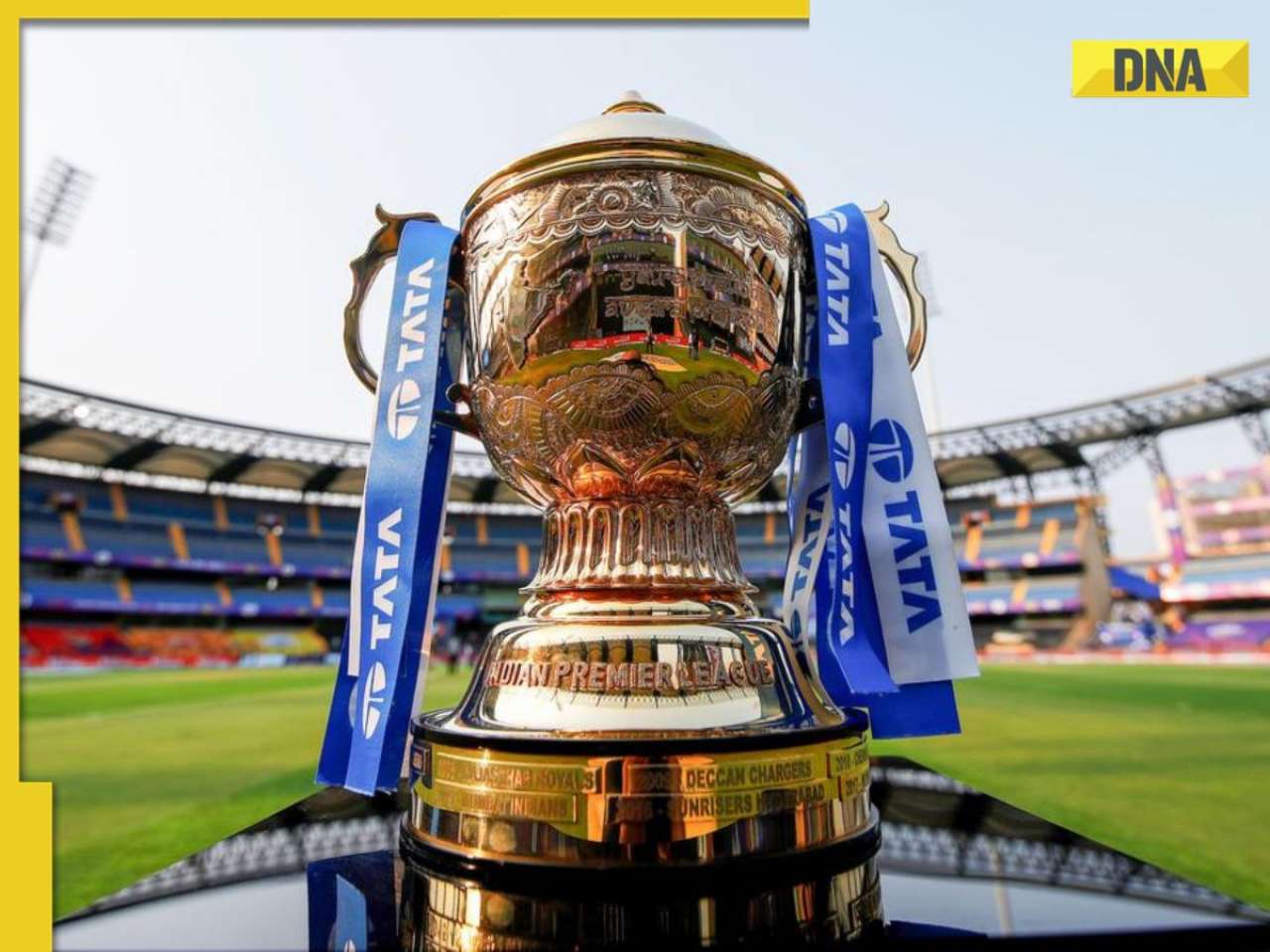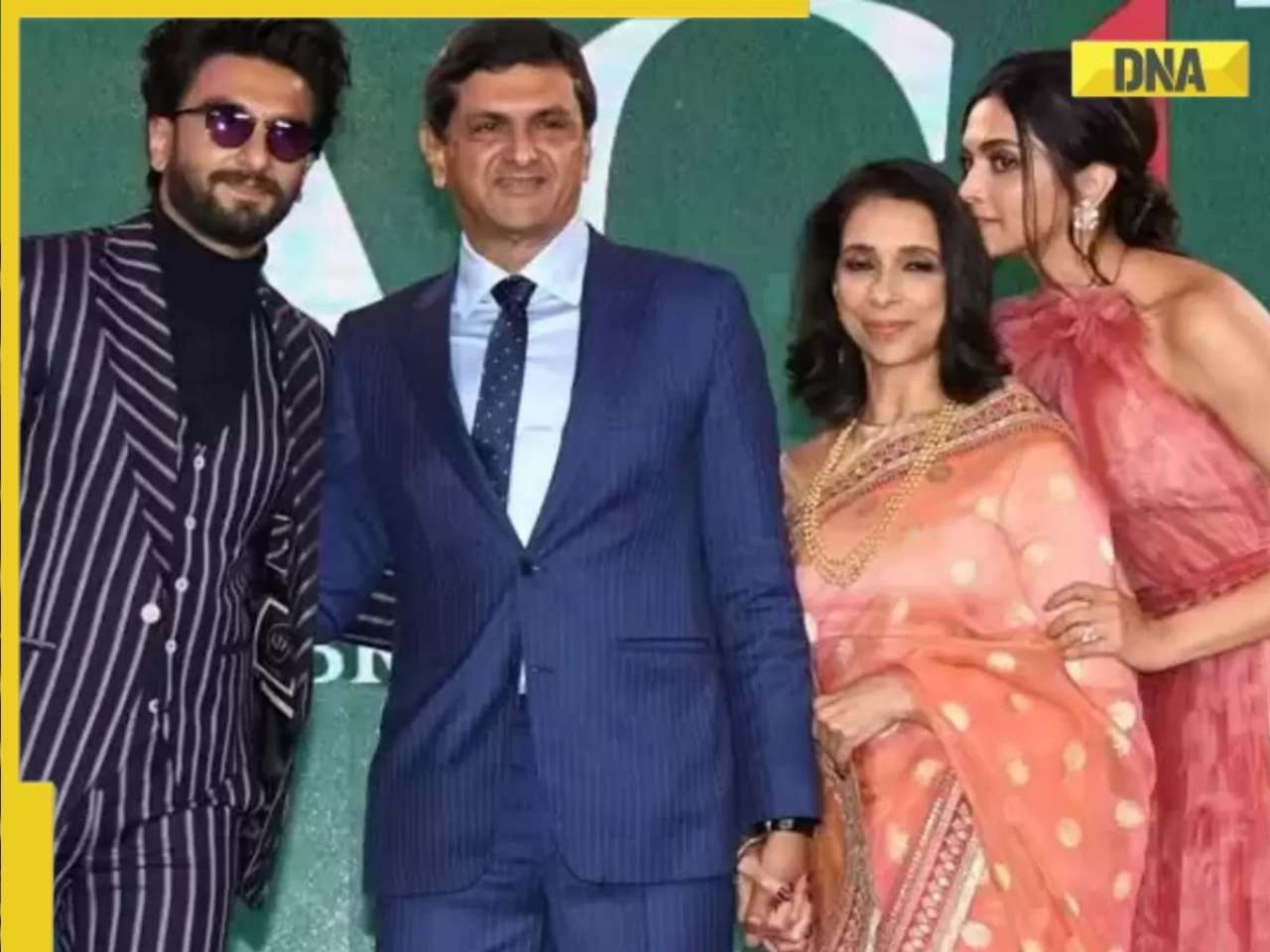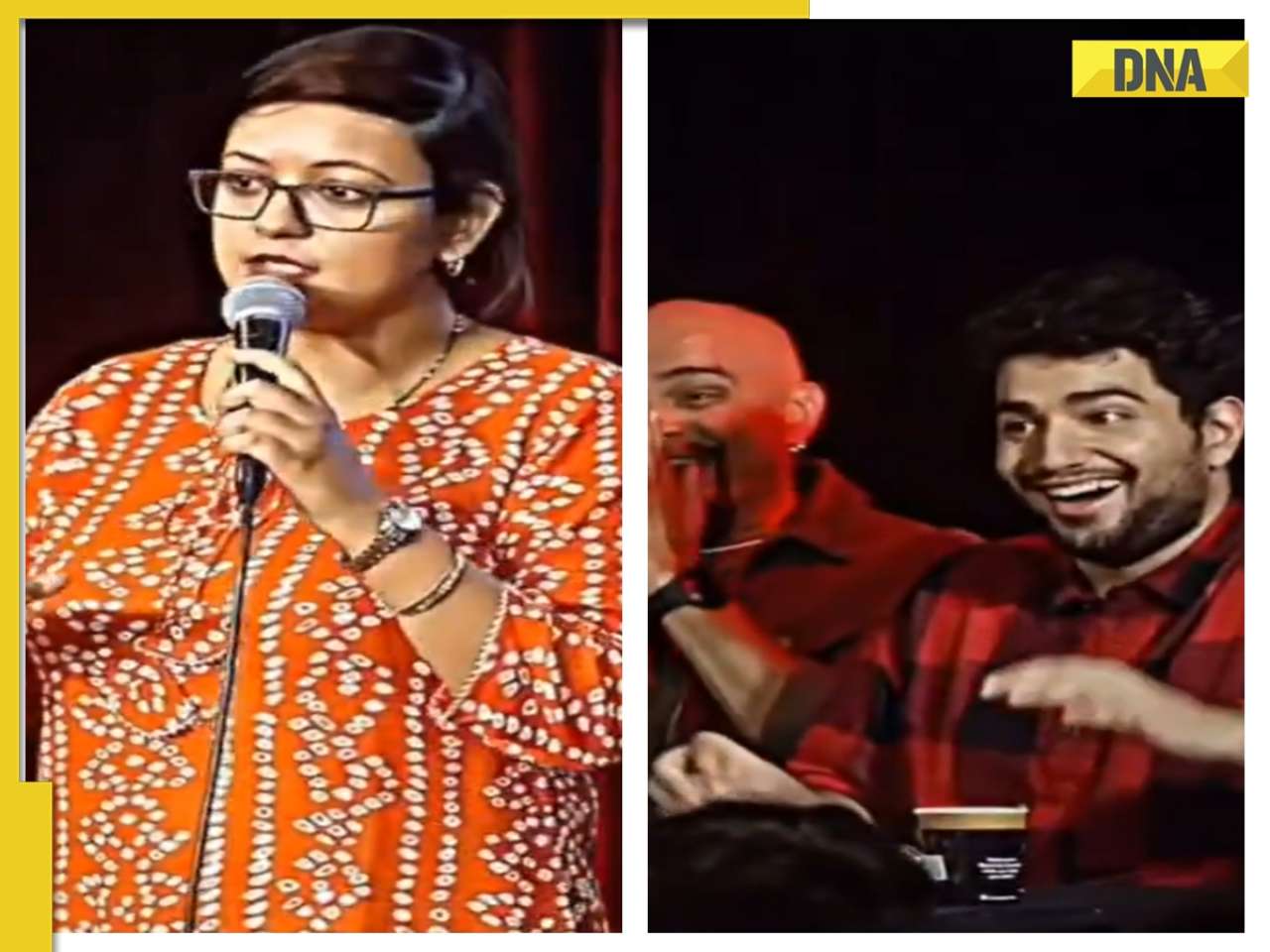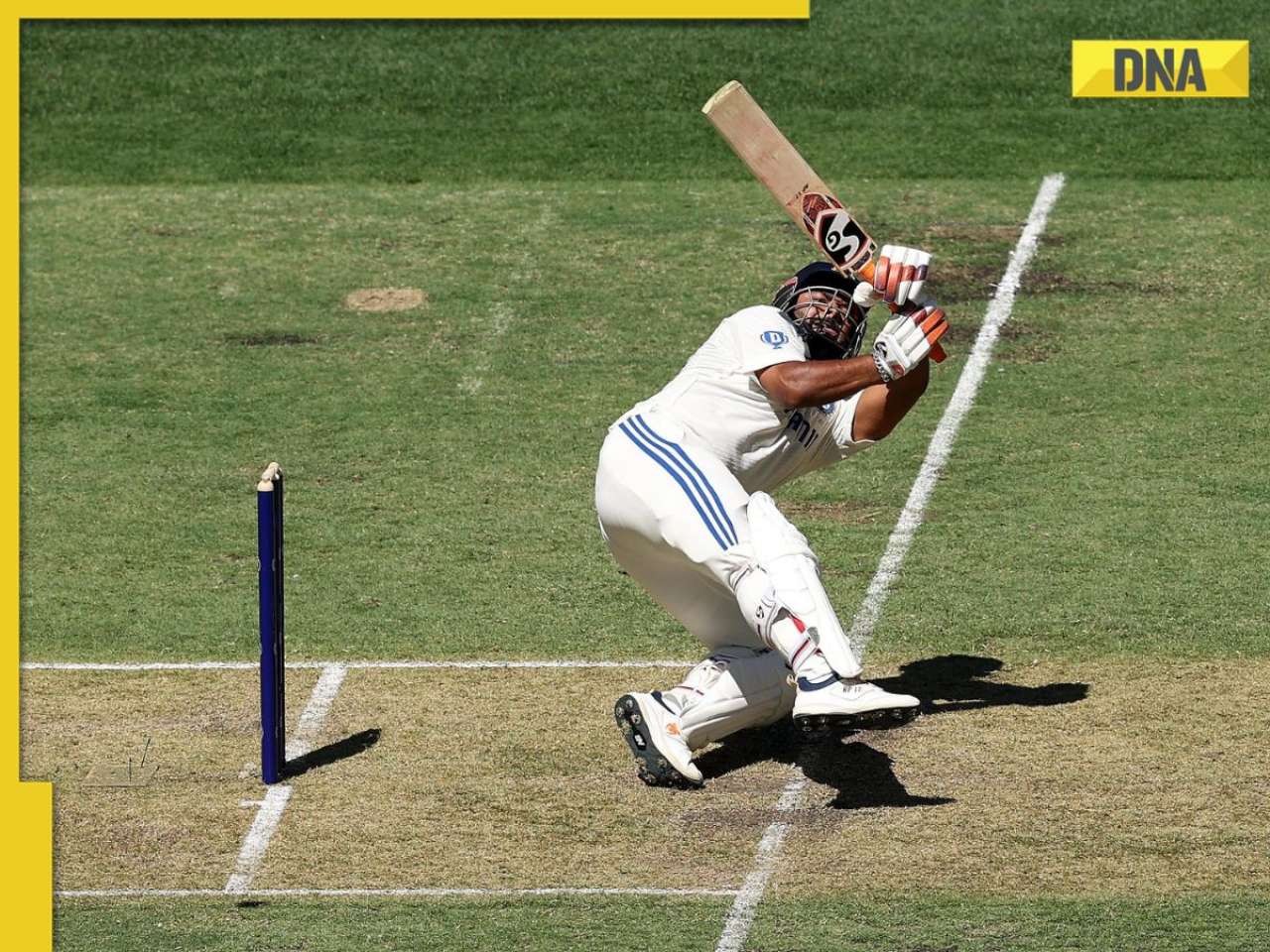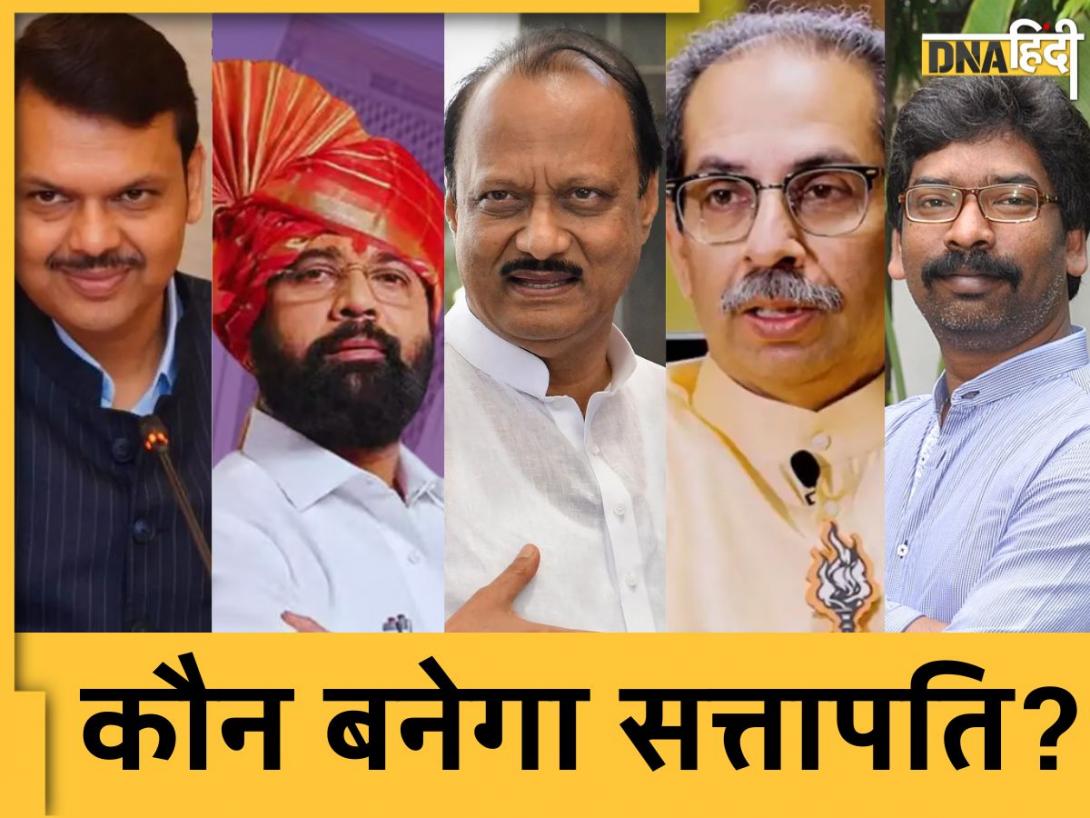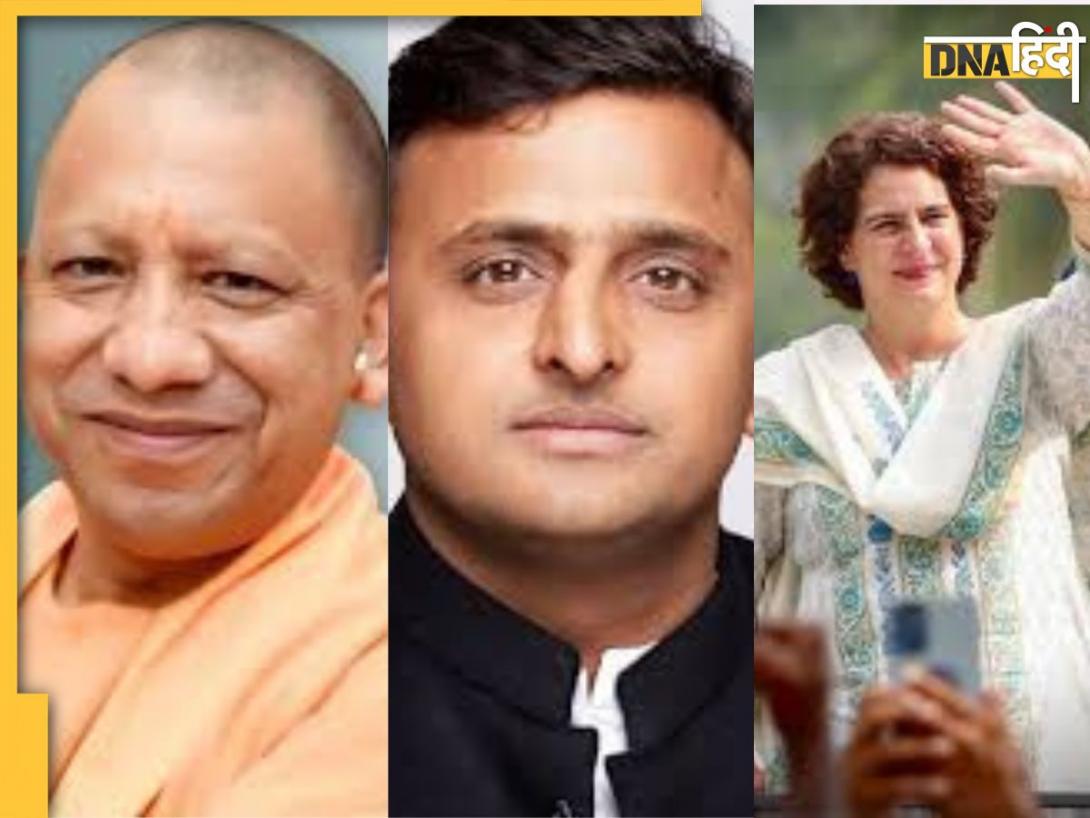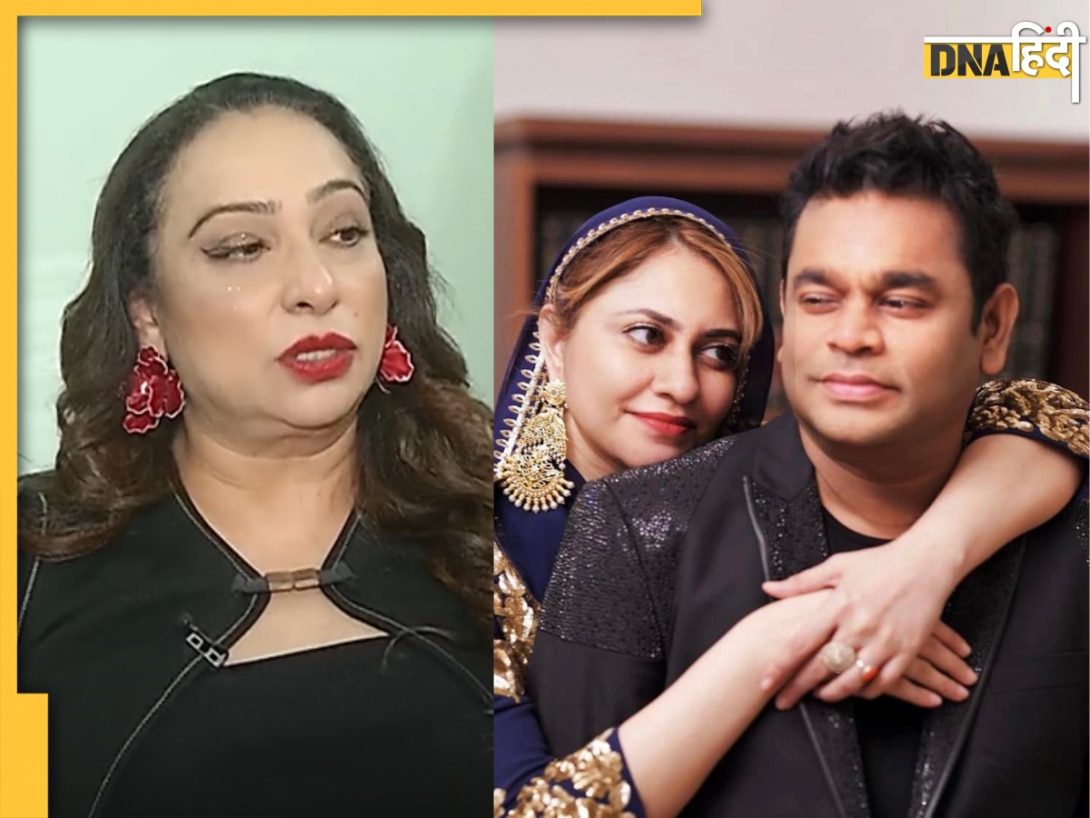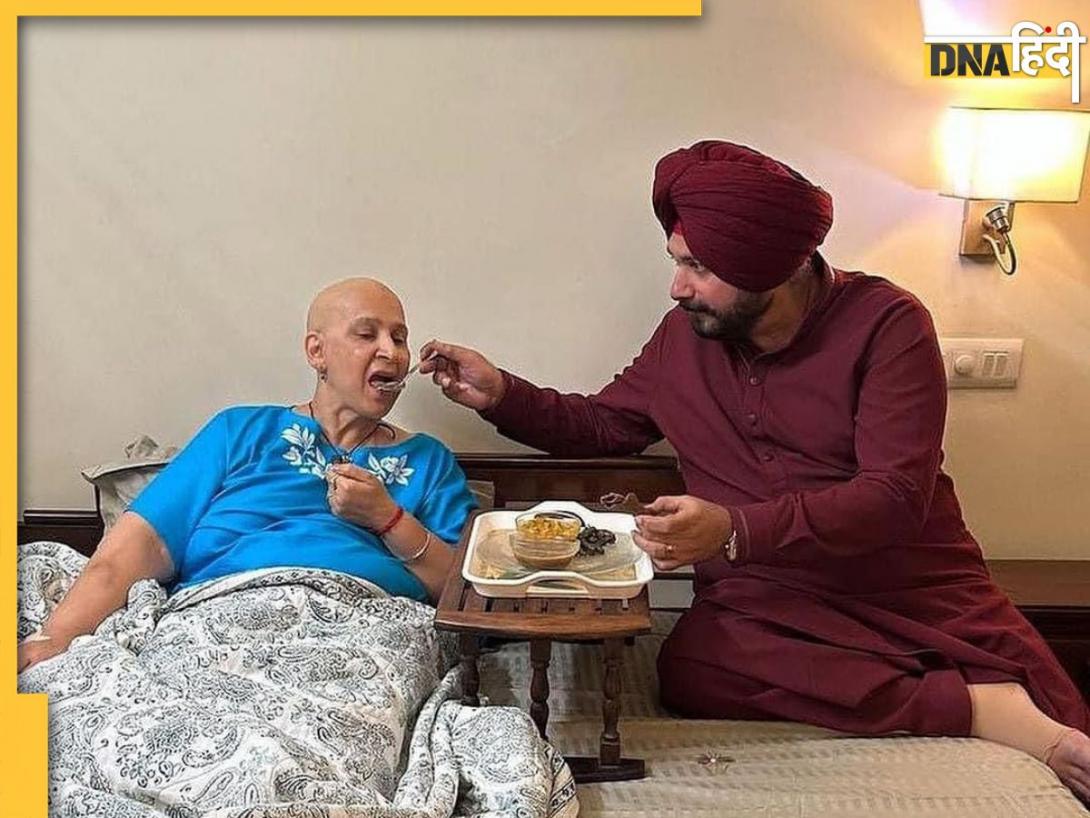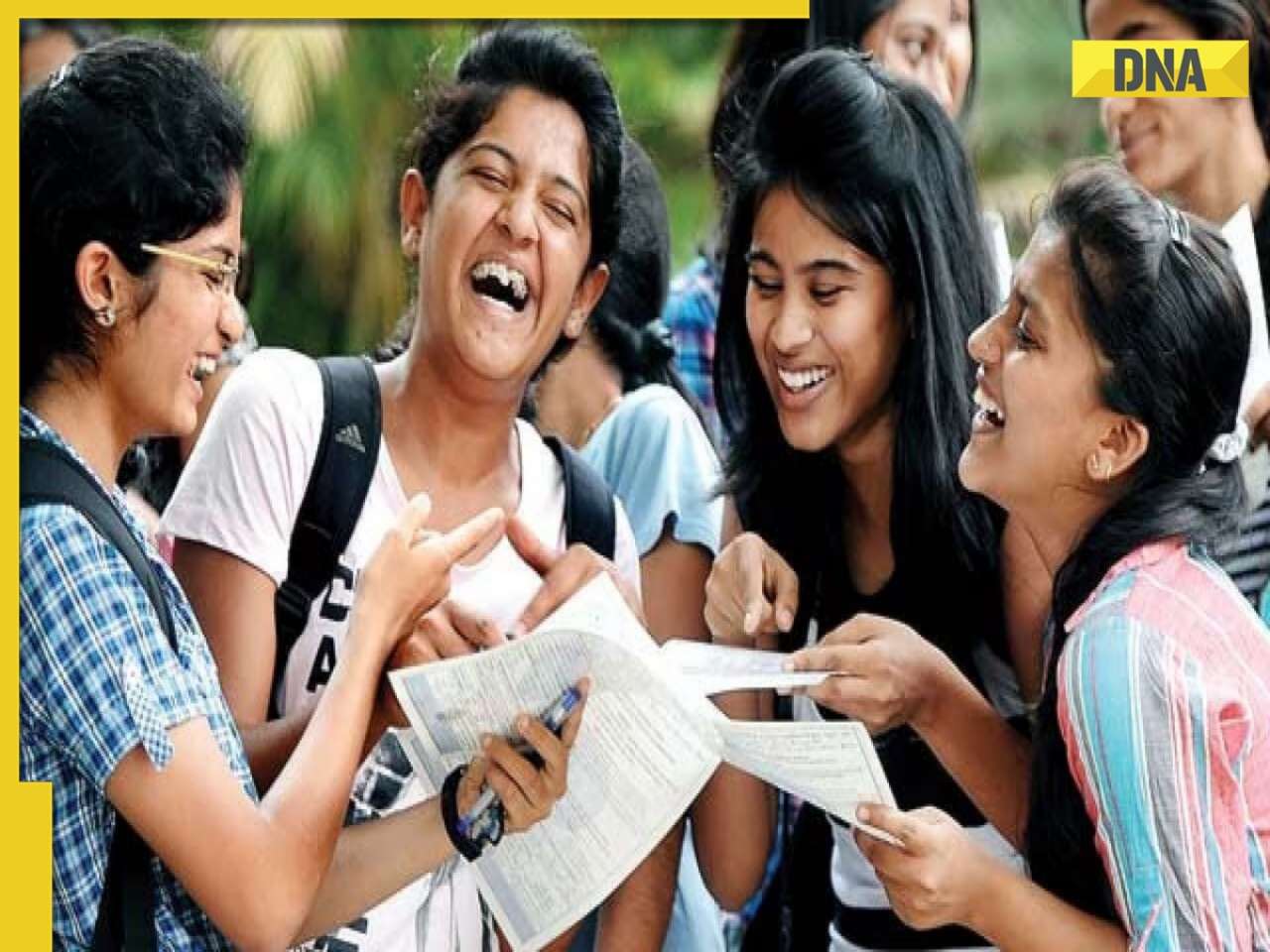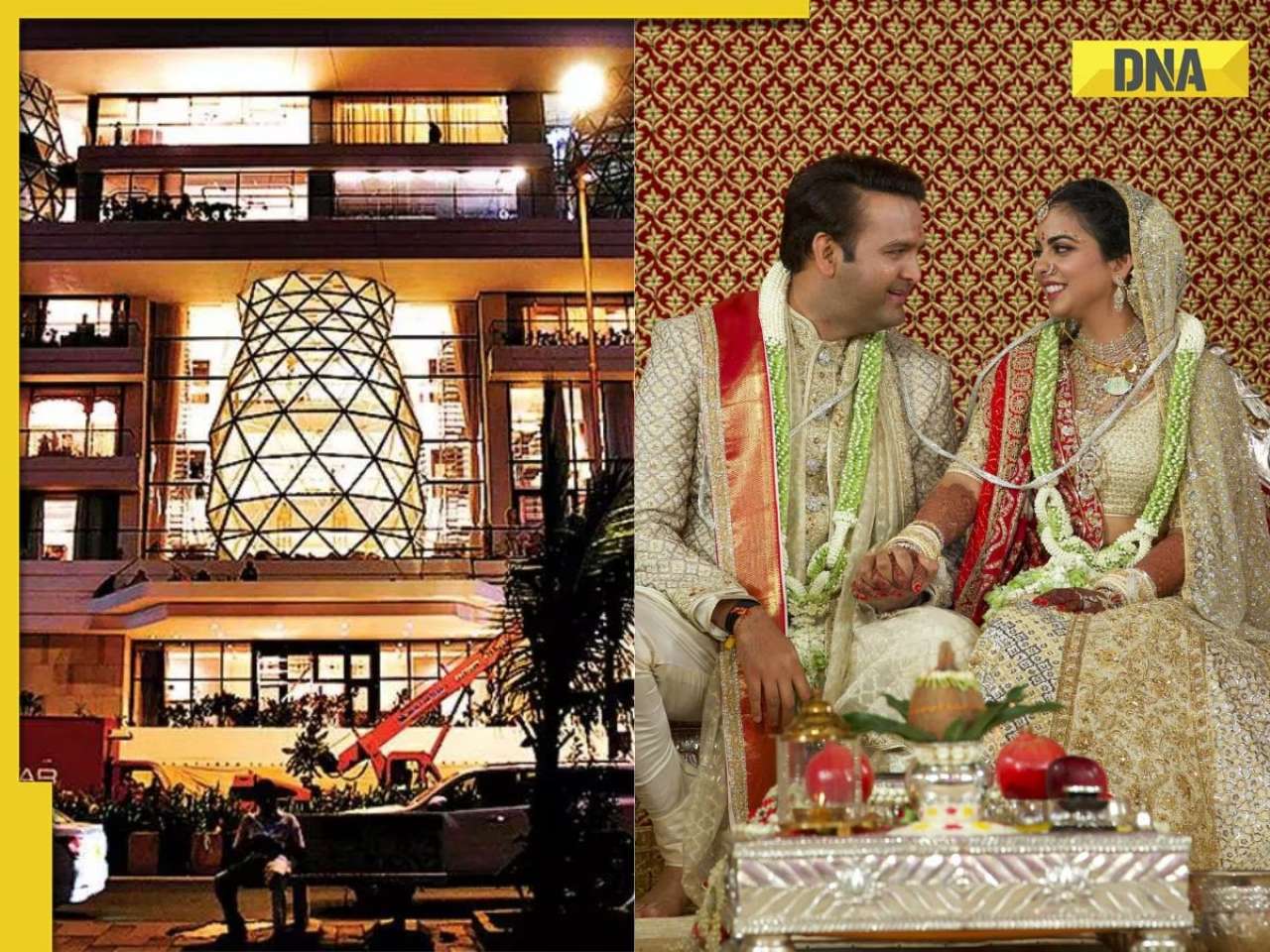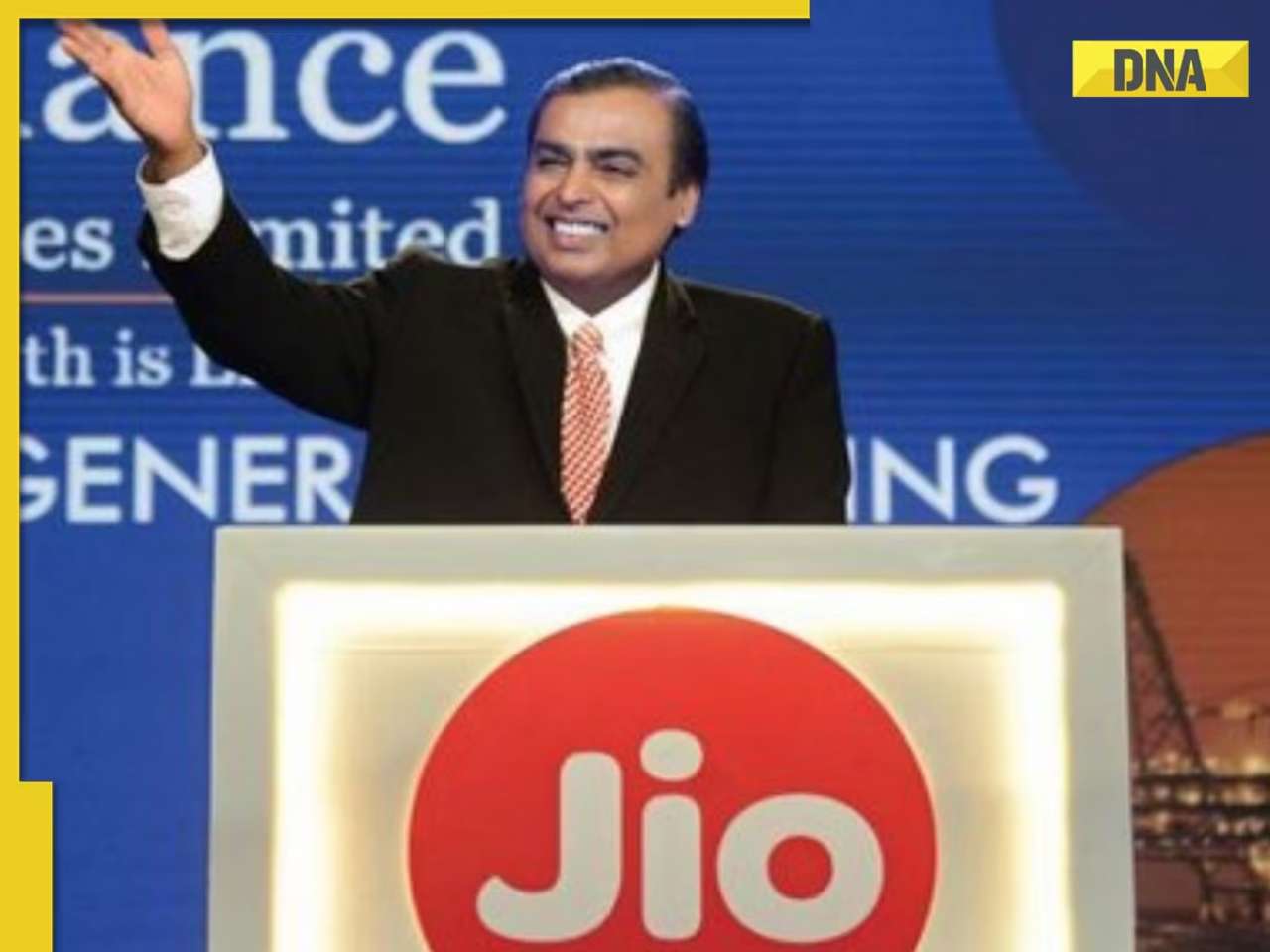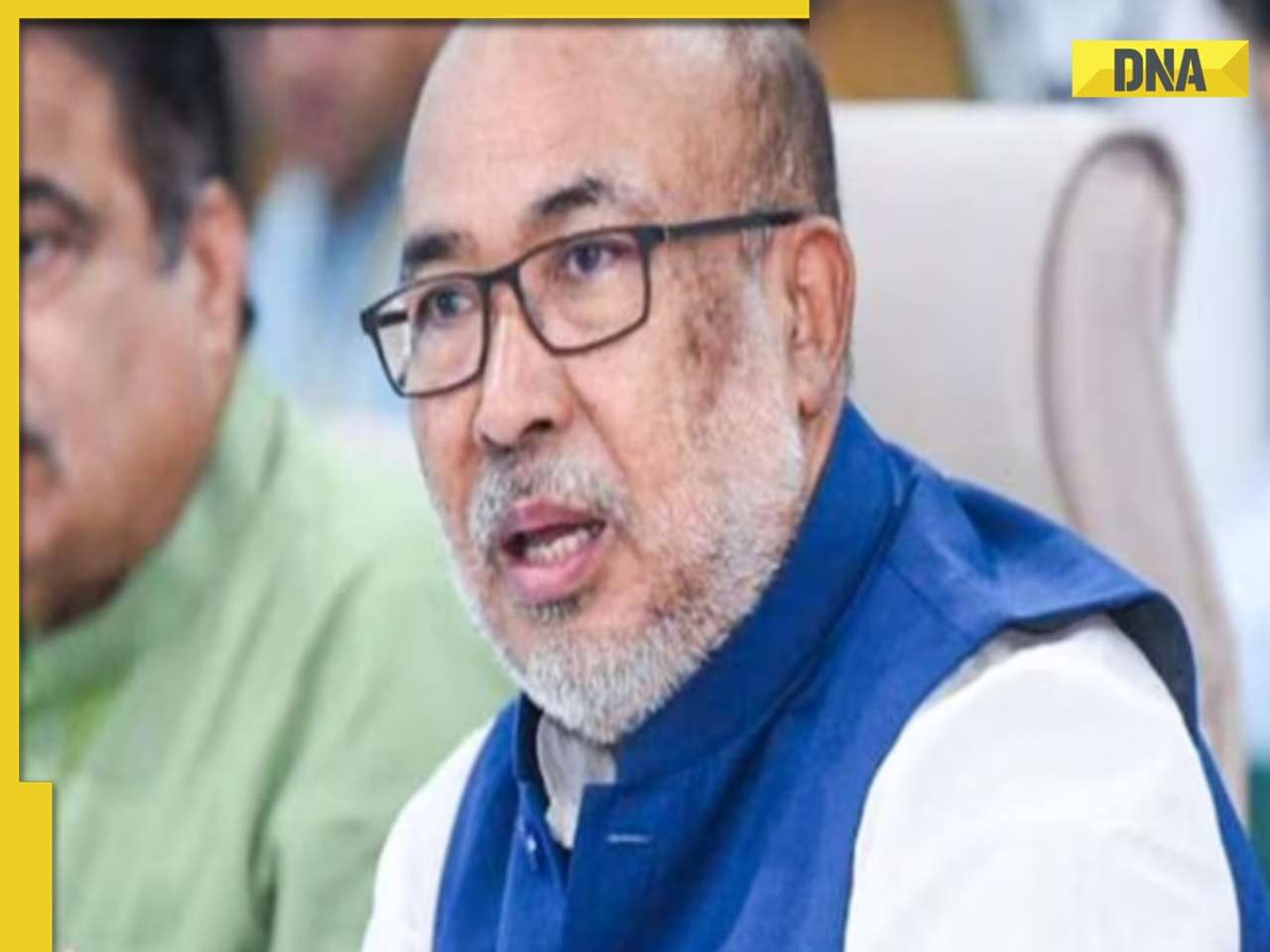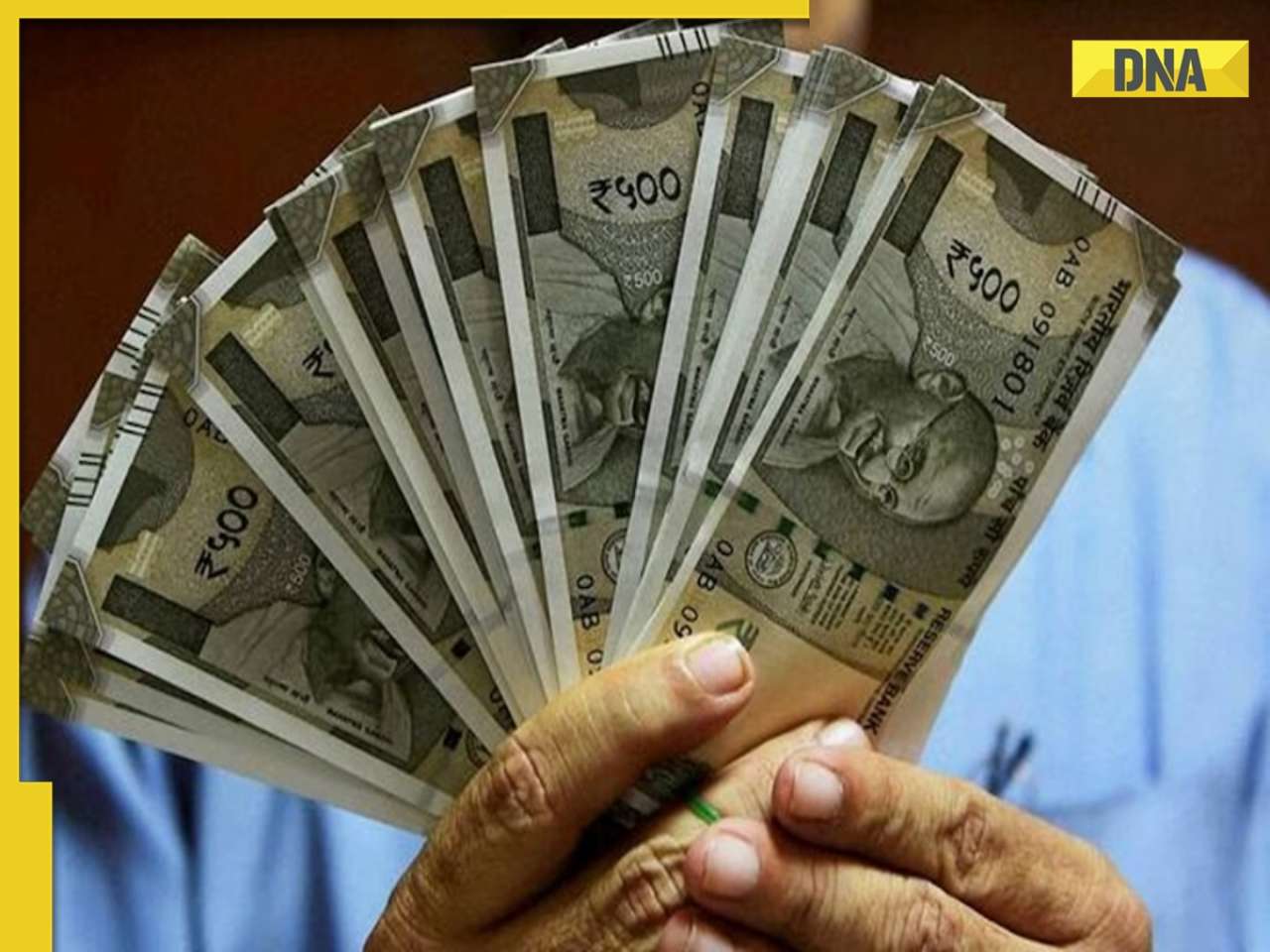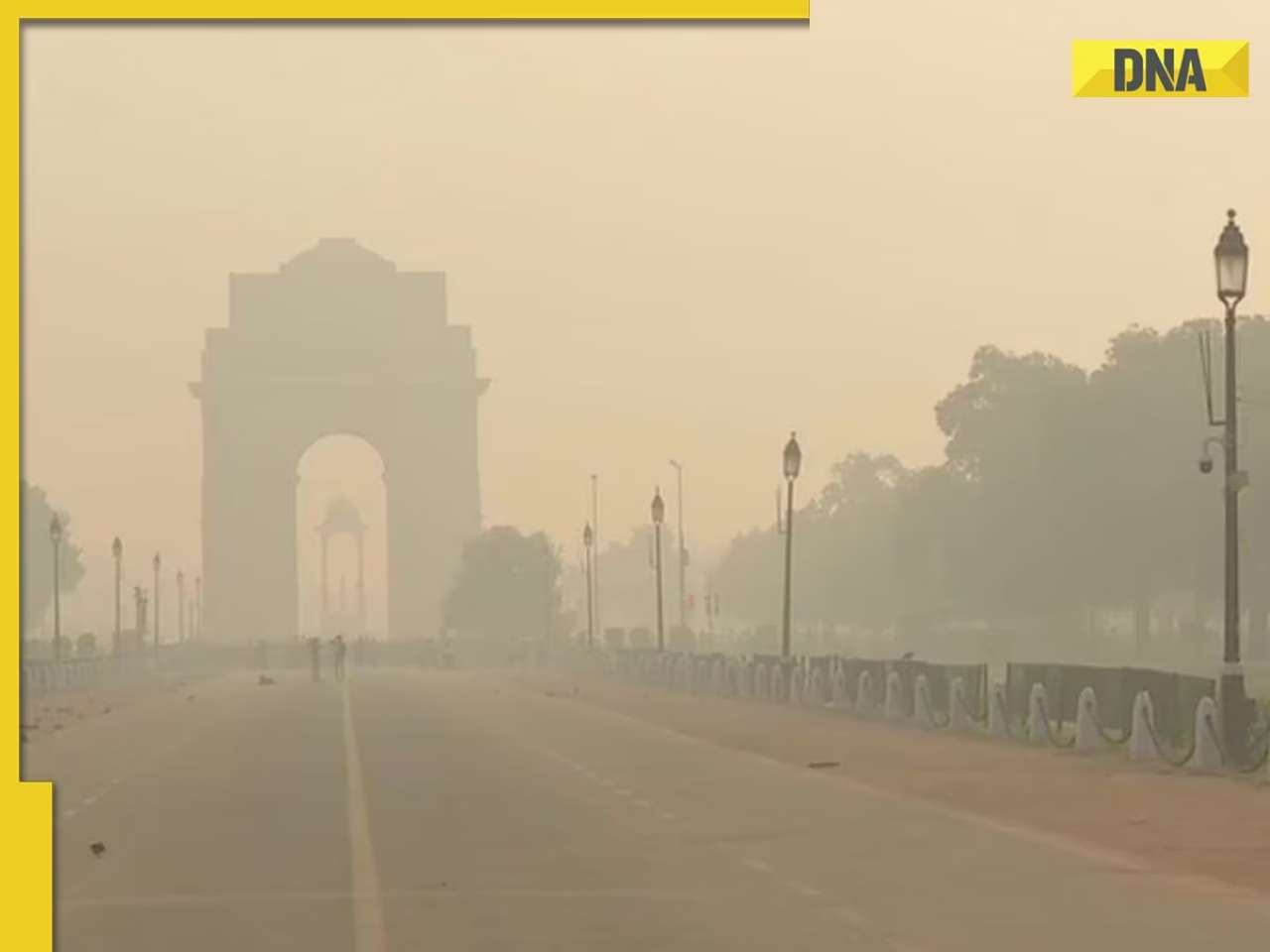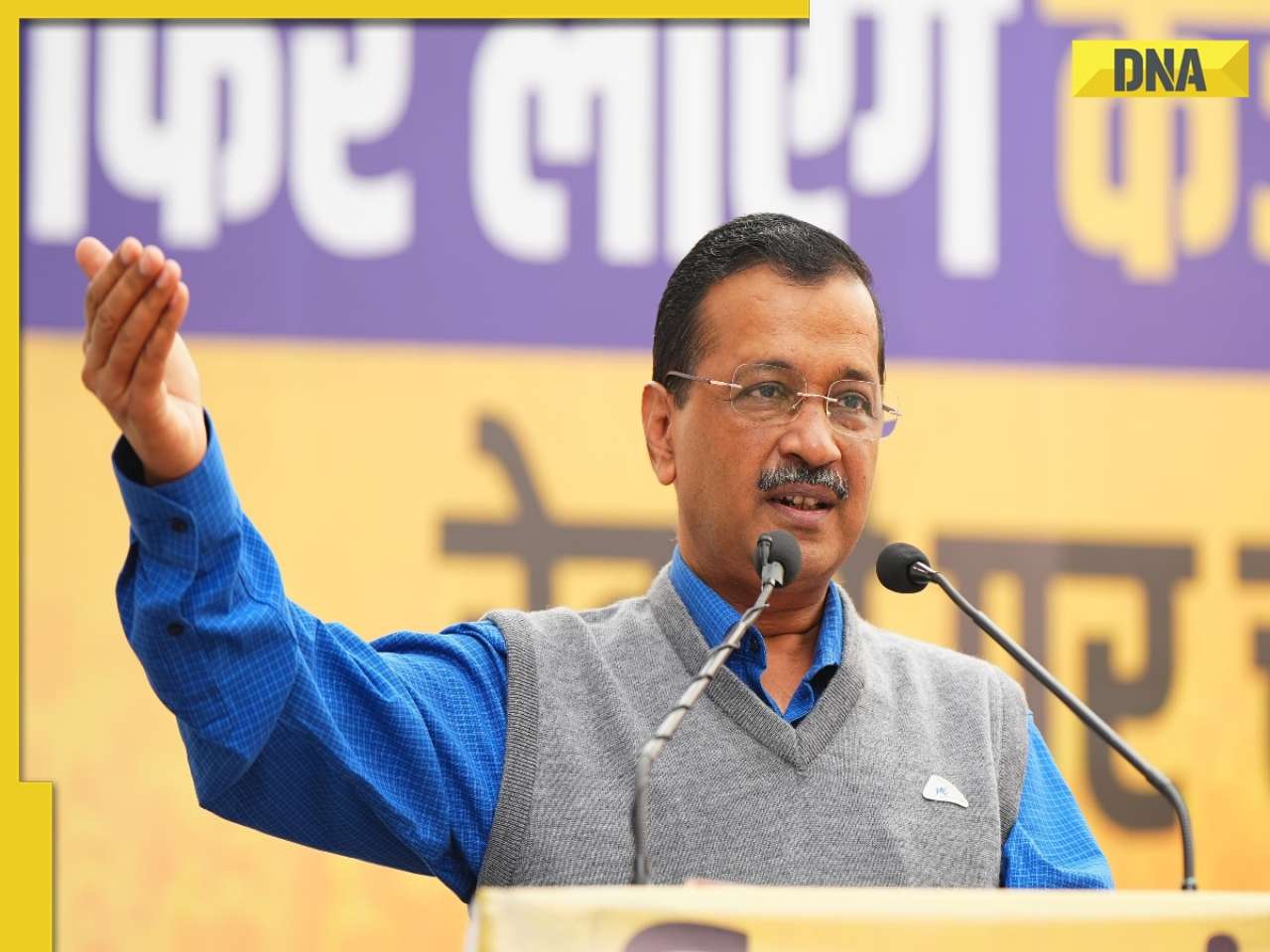- LATEST
- WEBSTORY
- TRENDING
SPORTS
Thank you Usain Bolt!
Commonwealth Games have a record of producing World and Olympic champions and sprinters taking part in New Delhi are not too unhappy by the Jamaican’s absence.
TRENDING NOW
Usain Bolt may have stayed away from the New Delhi Games but his Jamaican compatriots and other sprinters vow to make up for his absence.
Steve Slowly, a 30-year-old sprinter from the Caribbean nation, promises to leave a mark. “It won’t be easy. But what all of us will try to do is give our best and at least come close to his (Bolt’s) mark.” He is confident.
It is not just Slowly but other sprinters too think that way.
“We realise a Bolt is produced only once in decades but remember what happened at the Melbourne CWG?” reminds England’s Mark Lewis Francis, referring to Asafa Powell, who burst on to the international scene with his performance four years ago.
“It takes a lot to be a champion, especially in the 100m,” points out England athletics coach Charles van Commenee.
Point taken. But what does it take to be a champion then?
If hard work and perseverance are the only factors, then world records would be shattered at every second meet and the myth about Bolt would be demolished.
“Tradition matters. When you have the (Maurice) Greens, the Powells and the Bolts from the same town, it makes a difference. An athlete should have the pedigree to be among the best,” Van Commenee says.
“Apart from that, you need to be disciplined, need to meet the short-term targets regularly in order to achieve your long-term targets. By targets, I mean, shaving off the seconds of your time consistently.”
Kenya’s 3000m world champion runner Ezekiel Kemboi feels high motivation and determination are also important factors.
“You have to sacrifice a lot. You have to give up on many things. Eat right kind of food and live a particular lifestyle. You have to live a simple life and just work and work towards achieving your target,” he says. “In the end, you need to be fit.”
Francis, European silver medallist, says: “It is all about reducing that extra of your time. If you ask me what is it that makes them (Bolt, Powell) different to me and the others here, I would say the technique.”
Giving example of Bolt, Francis pointed out the Jamaican did not win any major medal till 2007. But after improving his technique slightly, things changed for good.
“Take his balance, for instance. His balance at the turns over 200m is impeccable and an increase in his stride frequency gives him more driving power on the track,” he points out. Francis, though, remains optimistic that athletes will not disappoint the Delhi crowd. “It will be good, instinct says.”
He won’t be all that wrong, if one looks at the trends of the past. Historically, more than 60 Commonwealth champions — both male and female — have also won Olympic gold, while 10 of the individual gold medallists at 2009 World Championships are due to compete. In more recent times, we’ve seen Asafa Powell — the Melbourne 2006 100m champion — and Phillips Idowu, who have reached the peak of their career after launching themselves at the CWG.
“Though weakened, athletics is the main vehicle of any major Games,” says Commenee. “I hope some Indian runner does well. Wouldn’t it be great should the stadium erupt as an Indian athlete battles into contention in one of these events, will the rousing cheers not bring goose bumps all the same?”
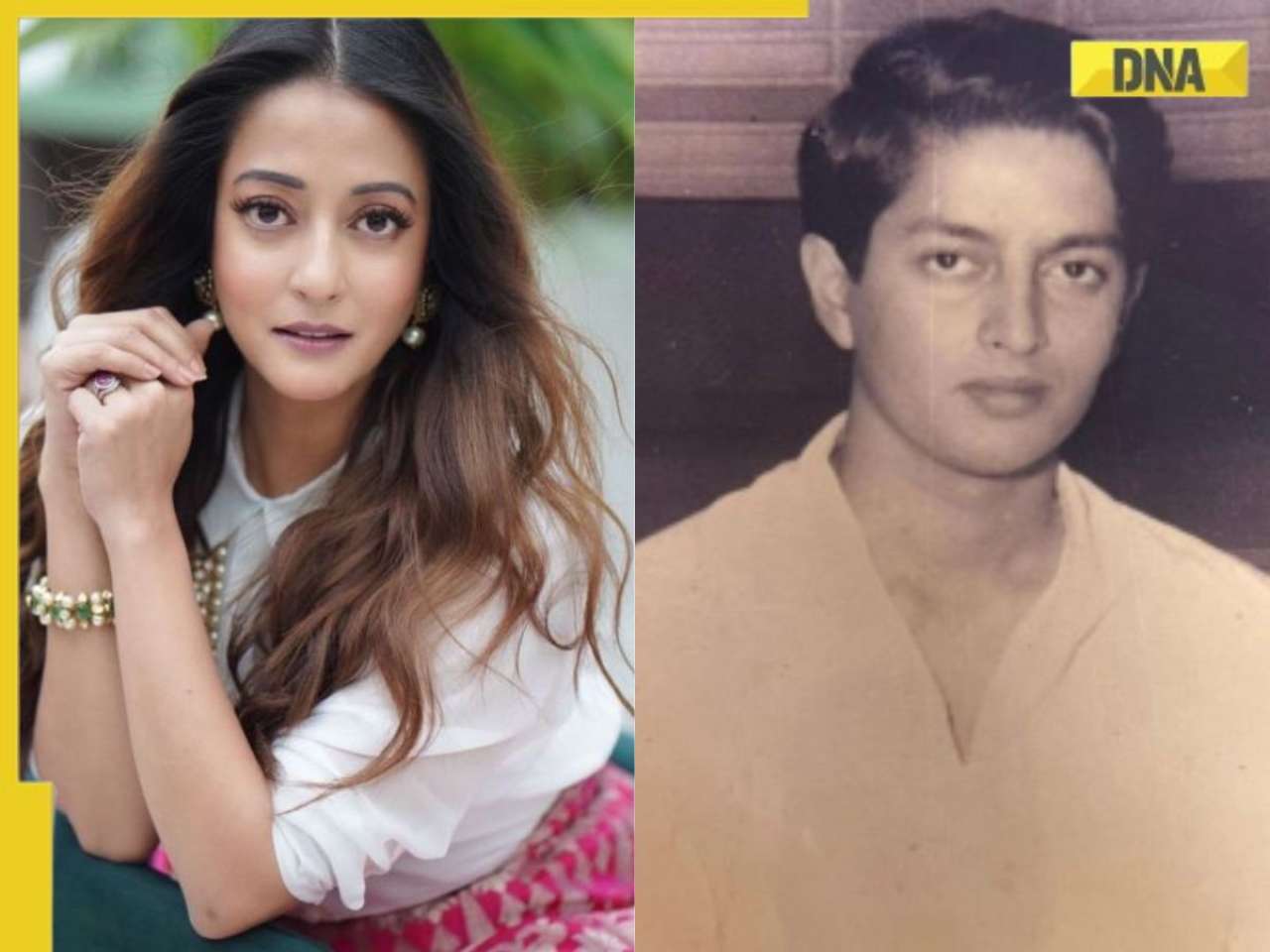
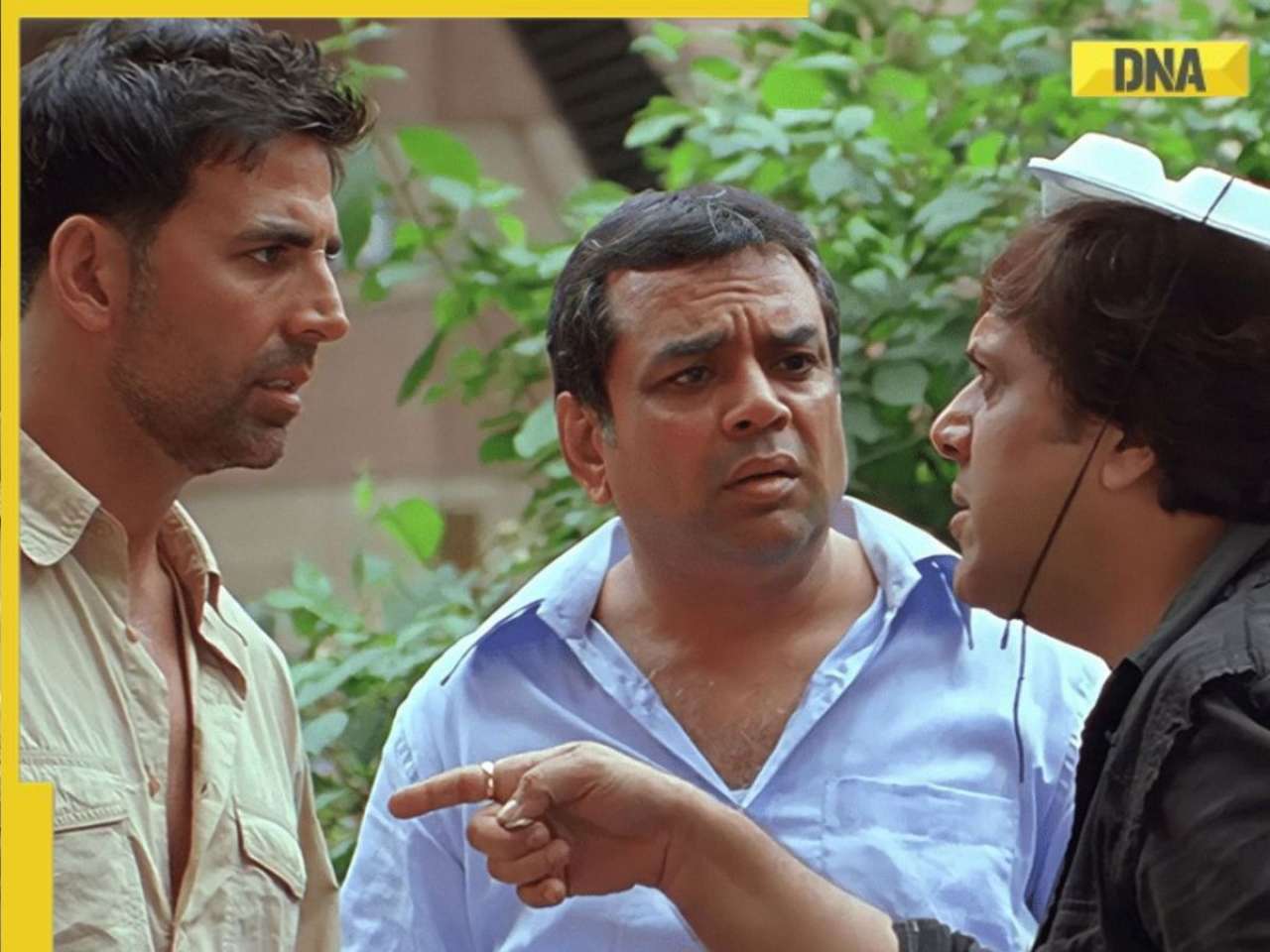






)
)
)
)
)
)
)
)
)
)
)
)
)
)
)





